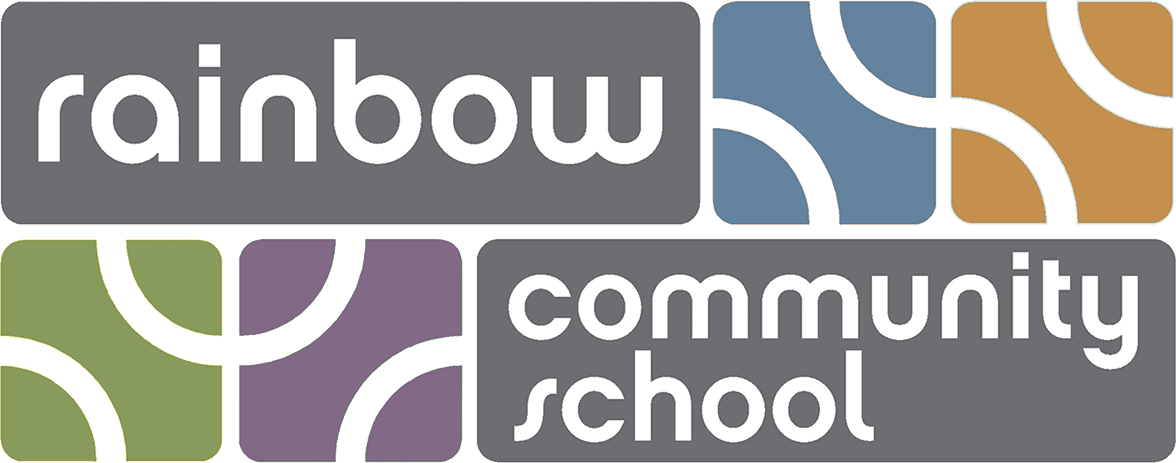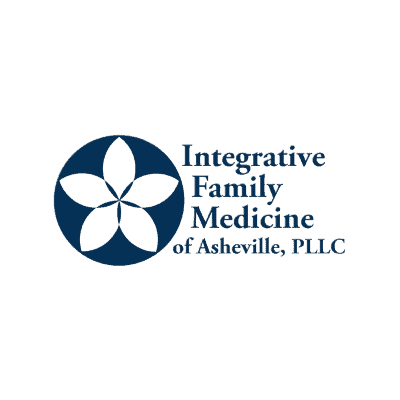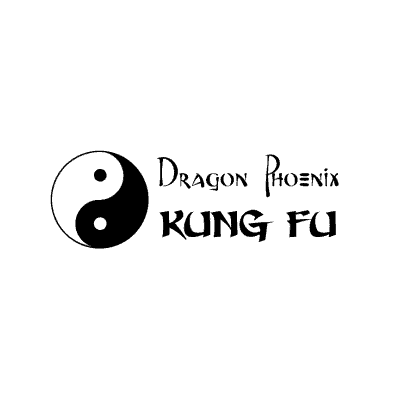Rites of passage are important, sacred ceremonies that highlight a transitional period in a person’s life.
In many cultures, tribes and soceities around the world, children engage in various rites of passage. Often these are times when a child is recognized for passing though the threshold toward adulthood. Graduation at Rainbow Community School serves as an integral rite of passage for our graduating Omega Middle Schoolers.
Preparation for this rite officially begins as they join the Omega program. Subtle and more obvious practices support each Omegan’s readiness. For example, each day that middle schoolers pass through a physical threshold. As enter the building, they pass under a wooden panel inscribed with “Know Thyself.” Additionally, their arrival is also marked with a sacred time called Centering; this time is used for grounding, centering, pondering life’s big questions. Lessons, activities and learning experiences throughout the day not only foster a culture of connectedness but support the work of nurturing the child to individuate- to
Know Thyself.
These opportunities, although grounded in the safety of community, encourage personal identity development, person spirituality and ultimately- wholeness. According to decades of research by Dr. Lisa Miller, head of clinical psychology at Columbia’s Teachers College, teens who have the benefit of developing a personal spirituality are 80% less likely to suffer from ongoing and recurring depression and 60% less likely to become substance abusers. To that end, it is reasonable to suggest that spirituality is indeed the cornerstone for mental health and human well-being. Intentional rites of passage are but one way to nourish that health.
To KNOW THYSELF is to answer these questions:
Who am I?
Who are you?
Why am I here?
What is my purpose?
Graduating Omegans write commencement speeches that reflect on their time at Rainbow and acknowledge their gratitude, growth, challenges, hopes and dreams. Each student, as part of the rite, share these speeches publicly. This public sharing is an amazingly brave yet vulnerable challenge.
But more importantly, the words of wisdom spoken by these young adults are nothing less than profound.
They are informed by years of social, emotional and spiritual engagement and learning. They are guided by opportunities to explore life’s big mysteries and ponder personal purpose. They are rooted in a a collective AND personal identity.
If you are curious what happens when soul is invited into the classroom, please click here to listen to Noah Mraz’s graduation speech.
Please also consider:
- What are the implications of integrating rites of passage, existential questioning and the spiritual domain into your own work with children?
- What are you already doing that serves the spiritual development of your students? What more can you do?








